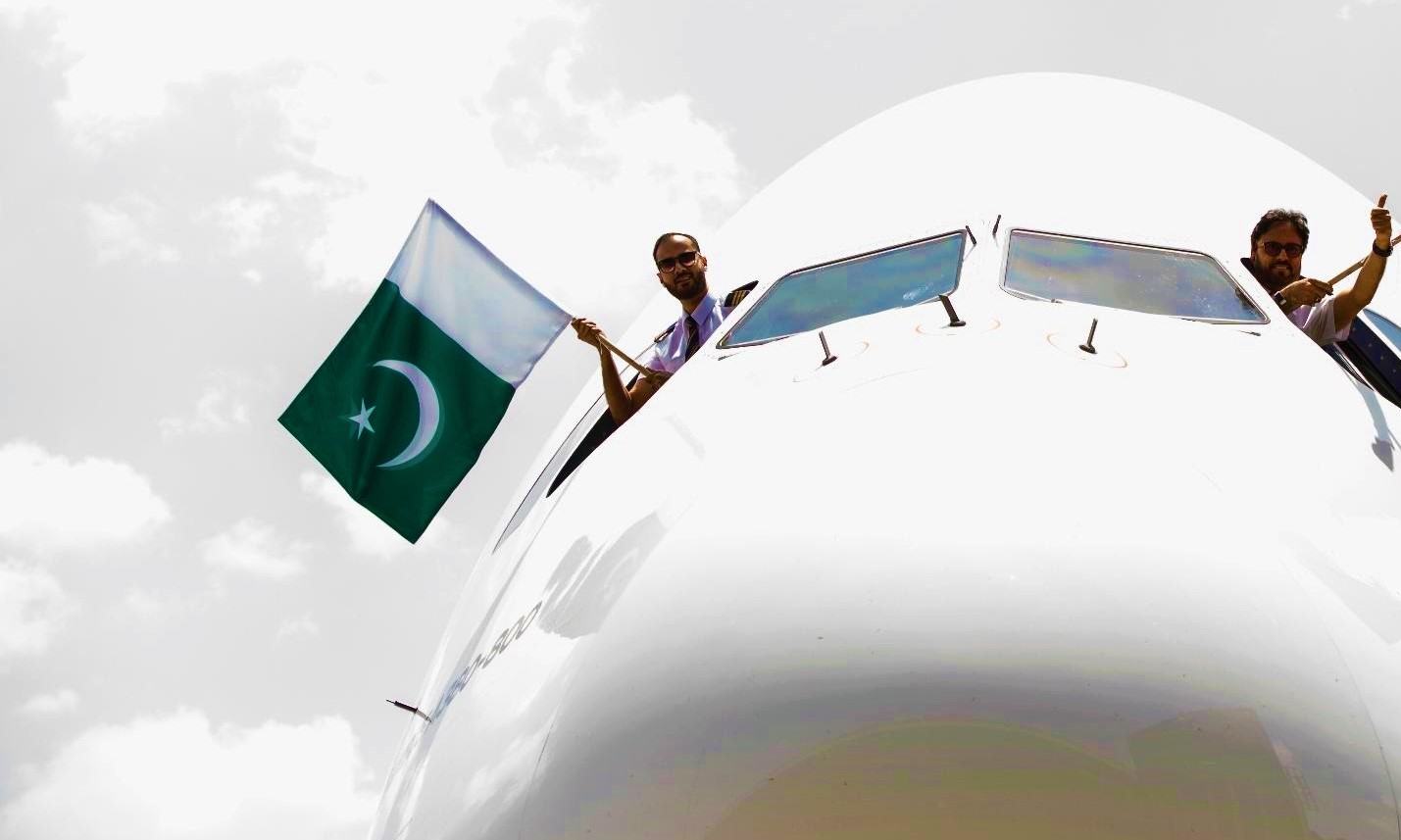


Aviation is being deprived of its due in Pakistan , as the global air transport body IATA has warned of an ‘aviation crisis’ in Pakistan because of the fact that airlines are struggling to recover $290 million due to a financial turmoil in the country.
Making a note of the Foreign exchange crisis in Pakistan , International Air Transport Association (IATA) says,
That potential is yet to be realized, however, and fewer than 11 million people fly annually.
Though the country is struggling economically, the benefits of aviation are being stifled. Most obviously, as of January 2023, Pakistan had some $290 million in blocked funds, the second highest total after Nigeria.
Seeking normalcy , Pakistan Civil Aviation Authority (PCAA) has said it was trying to pay the airlines on time and has been in contact with relevant authorities over the issue.
In December 2022, the global aviation body said Pakistan has blocked $225m it owed to international airlines, making it one of the top markets where airline funds have been blocked from repatriation.
.jpg)
Understandably, it has become “very challenging” for carriers to serve Pakistan as they struggle to repatriate their dues which are paid in dollars and some airlines still have funds stuck in Pakistan from sales in 2022.
International Air Transport Association (IATA) quotes,
Pakistan’s foreign exchange controls are affecting the ability of foreign companies to repatriate their funds and some airlines still have money held there from sales in 2022. Trying to get that money is a difficult and long-winded process. Essentially, airlines must undergo a costly monthly audit to produce an auditor’s certificate with each remittance showing the amount to be remitted.
Having money tied up in Pakistan affects airlines’ ability to meet payment obligations and increases the exposure to adverse foreign exchange movements.
However , PCAA DG Khaqan Murtaza confirmed to the Pakistani media that airlines were facing some delays in the repatriation of their payments but added that the authority was in contact with the State Bank and the finance minister for timely payments to the airlines.
.jpg)
Virgin Atlantic press release said , it was ceasing operations between London, and Lahore and Islamabad.
The development coincided with Pakistan’s balance of payment crisis with fast-depleting foreign exchange reserves, standing at a low mark of $4.3bn.
The ongoing crisis has also hit the aviation industry where airlines sell tickets in local currency but repatriate dollars to pay for expenses such as fuel costs.
Experts from travel and Aviation sector believe that — If carriers can’t take money out of a country, then there’s no point in serving the market , even though fewer than 11 million people fly annually.
Virgin Atlantic Airways decided to suspend flights last month , and, says Philip Goh, IATA’s Regional Vice President for Asia-Pacific,
“if conditions persist that make the economics of operation to a country unsustainable, one would expect airlines to put their valued aircraft assets to better use elsewhere.”
Goh believes aviation can play a bigger role in the social and economic development of Pakistan but it needs a policy environment that is conducive for growth. An IATA study in 2018 concluded that Pakistan could reach more than 35 million travelers by 2038, contributing $9.3 billion in GDP and supporting almost 800,000 jobs.
“But Pakistan is a very challenging environment for airlines to operate in,” says Goh. “The government already has a Federal Excise Duty (FED) on air tickets for premium travelers and wants to increase it further. This will just make it more expensive to travel and dampen demand for air travel.”
Earlier in the month, a concerned Pakistani Senate Standing Committee on Aviation, took up the issue of international airline routes being cut due to the non-remittance of ticket sales to them in foreign currency and decided to recommend to the aviation ministry to hold a meeting with all the airline heads and persuade them to resume regular operations to the country.
The effort was to call a collective meeting with all airline heads in order to dispel the negative opinion built about Pakistan and convince them to resume operations as usual.
However IATA says,
Having money tied up in Pakistan affects airlines’ ability to meet payment obligations and increases the exposure to adverse foreign exchange movements.
